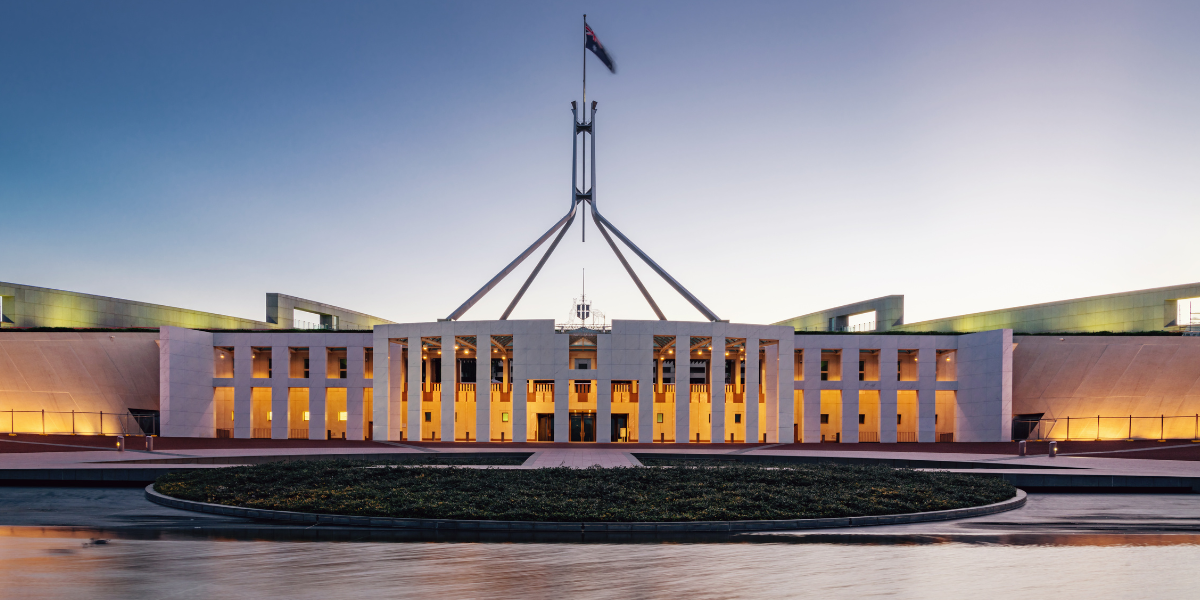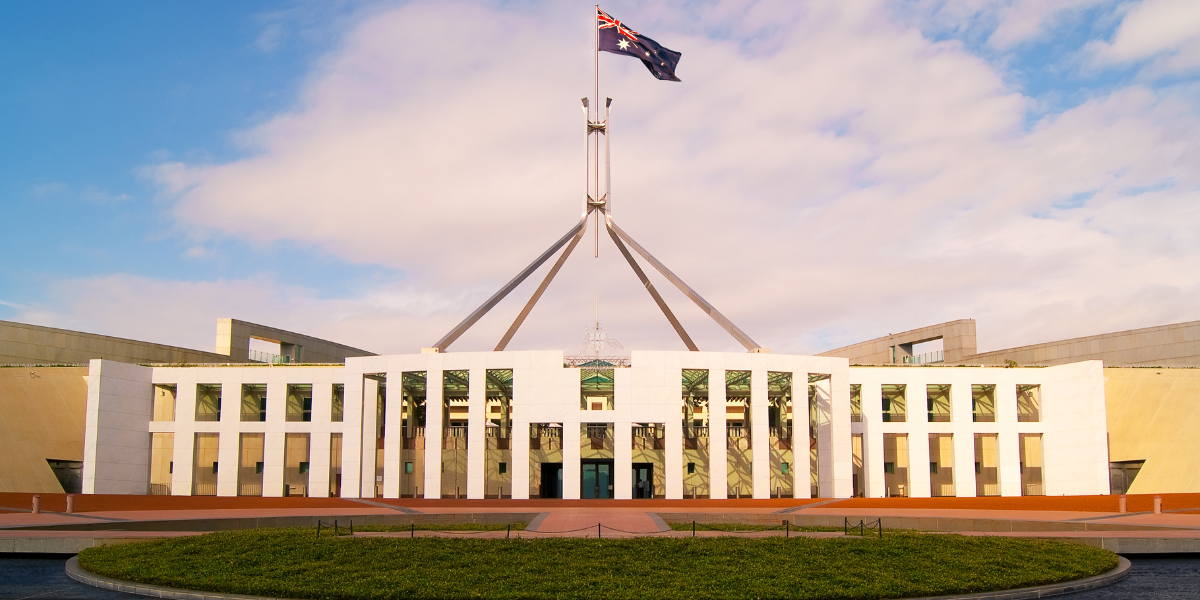24 November 2017, Australia’s Treasurer released exposure draft legislation to address hybrid mismatch arrangements reaffirms the Turnbull Government’s continued focus on strengthening the integrity of Australia’s tax system, and stamping out multinational tax avoidance.
The exposure draft legislation seeks to implement the recommendations of the 2015 Organisation for Economic Co-operation and Development (OECD) report – Neutralising the Effects of Hybrid Mismatch Arrangements.
Hybrid mismatches exploit differences in the tax treatment of an entity or instrument under the laws of two or more tax jurisdictions. This may occur, for example, where an instrument is treated as debt in Australia (with tax deductible interest) but treated as equity in a foreign jurisdiction (with no tax payable as the holder is entitled to an exemption). A mismatch can also occur where a deduction is available for the same payment in two or more jurisdictions.
The proposed hybrid mismatch rules are designed to prevent any double non-taxation benefits by either denying deductions or including amounts in assessable income. They will apply to payments between related entities and parties to a structured arrangement.
Following the introduction of the hybrid mismatch rules, multinational groups investing into Australia may seek to achieve double non-taxation outcomes by using investment structures and arrangements that may not fall within the scope of the OECD’s hybrid mismatch rules. For example, foreign headquartered groups investing into Australia may use financing arrangements through interposed entities in zero tax countries which reduce Australian profits without those profits being subject to foreign tax.
The Australian Government is concerned that such arrangements would undermine the integrity of the hybrid mismatch rules and will therefore be developing a targeted integrity rule to ensure such arrangements cannot be used to circumvent the hybrid mismatch rules.
A further report released by the OECD – Neutralising the Effects of Branch Mismatch Arrangements –(released in July 2017) recommends that countries address double non taxation outcomes which arise because of differences in the taxation treatment of dealings within the same legal entity (for example, dealings between a head office and a foreign branch) to bring the treatment of these arrangements in line with hybrid mismatch arrangements.
To ensure that these ‘branch mismatches’ are addressed the Government will also implement the recommendations of this later report.
The Government will consult with stakeholders as it develops the targeted integrity rule and branch mismatch rules including through the release of separate exposure draft legislation.
These additional rules will commence at the same time as the general hybrid mismatch rules (that is, 6 months after Royal Assent of the bill introducing the hybrid mismatch rules).
The exposure draft of the legislation is available on the Treasury website. Submissions are due by Friday 22 December 2017 and can be sent to BEPS@treasury.gov.au.














